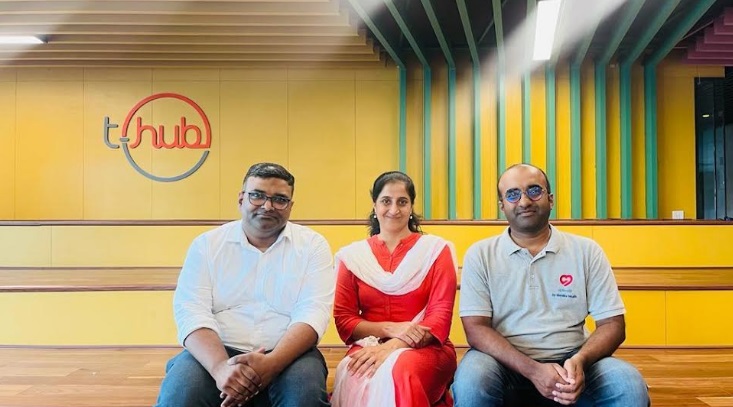Earlier the court had said it would hear arguments for temporary bail for Mr Arvind Kejriwal to allow him to campaign for his party in the ongoing Lok Sabha election.
The Supreme Court has not yet returned its decision on interim bail for Delhi Chief Minister Arvind Kejriwal, who was arrested by the Enforcement Directorate on March 21 over money laundering charges linked to the alleged liquor policy scam.
Earlier the court had said Mr Kejriwal is “not a habitual offender”, as it heard arguments for the grant of interim bail for the Delhi Chief Minister.
The top court – which is hearing the larger matter of Mr Kejriwal’s plea against his arrest – had earlier said it would consider bail for the AAP leader to allow him to campaign for his party in the ongoing Lok Sabha election. Delhi – which has seven Lok Sabha seats, all of which were won by the BJP in the last election – votes in a single phase on May 25.
The court began by observing that Arvind Kejriwal is the “elected Chief Minister” of the national capital. “There are elections… these are extraordinary circumstances and he is not a habitual offender,” a bench of Justice Sanjiv Khanna and Justice Dipankar Datta said.
“If elections were not there… there would be no question of interim bail,” Justice Datta noted, after his colleague said, “This is a question of proprietary… of public interest.”
However, the court also had words of warning for Mr Kejriwal, as it took note of the Enforcement Directorate’s allegations that the Chief Minister played a key role in formulating the liquor excise policy. “… suppose we release you, and you are allowed to participate in elections, you will (also) be performing official duties… it can have cascading effects,” the court noted, referring to Mr. Kejriwal’s involvement in issues of governance.
To this, senior advocate Abhishek Manu Singhvi, appearing for Mr. Kejriwal, stressed his client would “not be dealing with anything (connected to) this excise case”.
“We make it clear… we don’t want you to be performing official duties if we release you…” the court reiterated, “We don’t want any interference in the functioning of government.”
Mr. Singhvi then assured the court Mr. Kejriwal would offer a statement to the effect that he would “not sign any files”, so long as Delhi Lieutenant Governor VK Saxena “may not stop any work on the ground that I have not signed any file”.
The reference was to ongoing spats between Delhi’s AAP government and the LG, with the former accusing the latter of being instigated by the BJP to interfere in matters outside of his jurisdiction.
Earlier the ED told the court it opposes bail. Appearing for the central agency, Additional Solicitor General SV Raju argued that releasing the AAP leader would set a bad example.
“What example are we setting? Are other people less important…? There can’t be any deviation only because he is a Chief Minister. Are we carving out exceptions for politicians? Is campaigning for elections more important?” the ED’s lawyer said in court.
To this the court acknowledged it “certainly does not want that politicians who are involved in crimes be treated differently”, but also pointed out the larger picture – that Mr Kejriwal was arrested just weeks before the 2024 Lok Sabha election was to begin.
The AAP leader’s camp has argued this point – that the timing of Arvind Kejriwal’s arrest was meant to throw off the party’s poll plans and “destroy AAP before a single vote is cast”.
The court also acknowledged the argument Mr Kejriwal was arrested after evading multiple summons to join its investigation. “… this (getting bail) will send a wrong message and demoralize common man… that (Arvind Kejriwal) gets luxury of campaigning…” the ED said.
“We have understood your objection. Please make your arguments (against) interim bail. We will hear you… he has avoided summons nine times… understood,” Justice Khanna had said.








